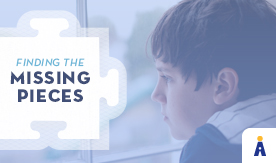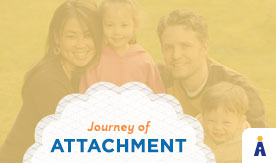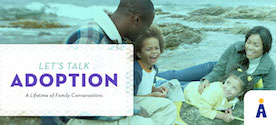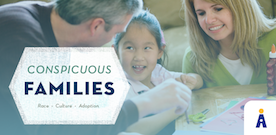catalog
Did You Know?
Many children with substance exposure or deprivation in their early history struggle with attention deficit or organization issues. You can help by breaking tasks into small steps. In that way you're helping them to succeed rather than setting them up to fail.
| Discount Schedule | |
|---|---|
| Purchase Amount | Discount |
| $100-$149 | 10% |
| $150-$199 | 15% |
| $200+ | 20% |
| We offer volume discounts if you purchase more than $100 in a single transaction. Previous purchases cannot be considered. | |
Finding the Missing Pieces
It is natural for adopted children to grieve the life and family they never knew, no matter how old they were when adopted, how open the adoption or how happy their life with the adoptive family.
It is important for families to understand the gains and losses of all members of the adoption circle and to:
- Recognize the signs of grief in adopted children at different developmental stages
- Identify situations that may trigger grief responses
- Develop strategies for helping children grieve their losses
- Identify resources to help children and families grieve
- Understand when to seek professional assistance
This product is part of the following packages:
- Domestic Infant Adoption Package - 16 Credit Hours
A comprehensive set of courses to help prospective adoptive parents understand the joys and challenges of domestic adoption. Significant discount when you purchase as a package!
- Hague Package
This package includes 5 courses for a total of 10 credit hours of training on topics required for international adoption by the Hague Convention. Significant discount when you purchase as a package!
Recorded Webinar

Love Me, Feed Me
Katja Rowell, M.D., aka the Feeding Doctor, will help you understand why eating and mealtimes can be so difficult, and share relationship-building strategies to help children do their best with eating.










